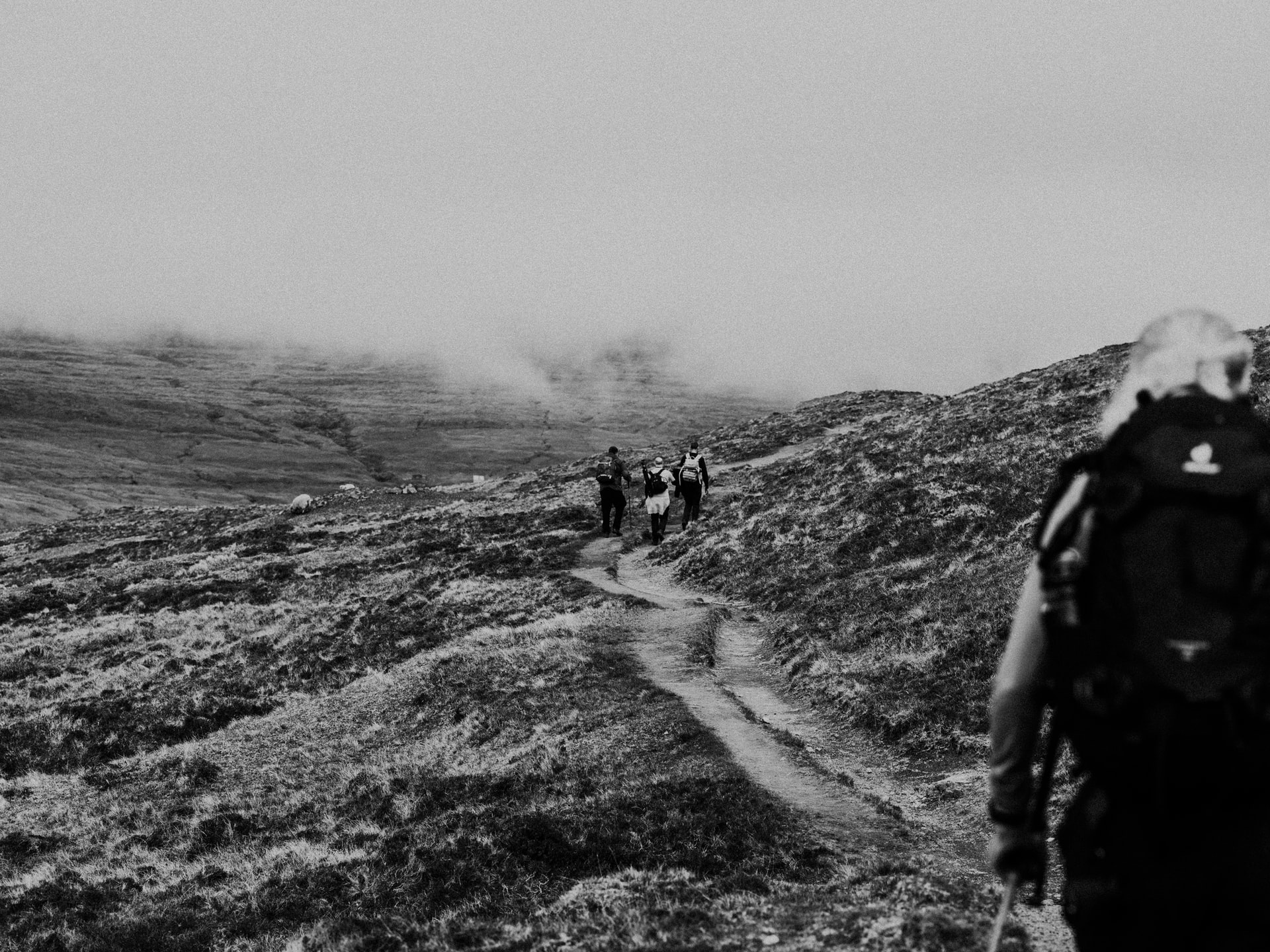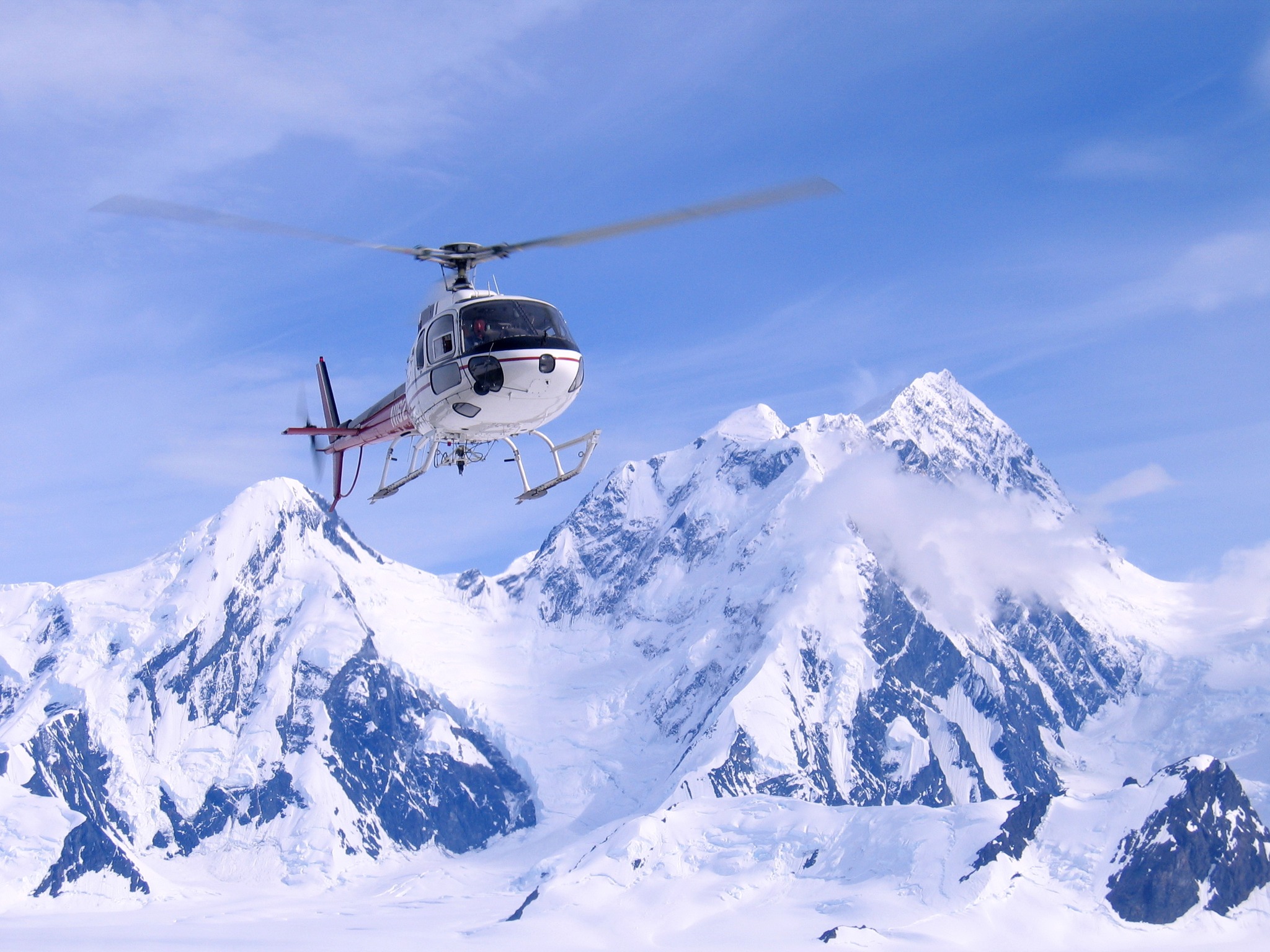You’re out in the backcountry, enjoying your time in the back of beyond. Suddenly, there’s an emergency, and you need to use your two-way communications device to call for help. What do you say?
Most travelers and outdoor enthusiasts know the importance of being able to communicate at all times—even in the backcountry. A two-way communication device is essential if you have an emergency when you are off the grid.
But what do you say when you’re using the device to contact help? What information needs to be shared with the rescue operation professional in that phone call or SMS? If you’re going into a remote, austere, or backcountry environment, this information has to be more specific.

GOTWA
The first few steps are part of something called GOTWA, a brief outlining your essential travel details: going where (G), others going with you (O), the time span you will be gone (T), what to do if you do not return in that timely manner (W), and final actions to take if you do not return (A).
You’ve got to share more than your destination with your emergency contact. You’ve got to give specific details.
Instead of saying, “I’m going hiking in Enfield,” say, “I’m going hiking in the Enfield Forest on the north side of Route 12, south of Mascoma Lake.” Include coordinates, if known, and distance and direction from known land features. Write it down and get it into the hands of your emergency contacts. If you need to be rescued, that information is going to make the haystack smaller and the needle bigger.
If you are traveling with friends or family, write down their full names and their contact information. Are you driving? Describe the vehicles and where you plan to park.
You must provide a departure time and an estimated return time. Most folks think that’s enough, but you should add what the person who has the plan should do if they don’t hear from you. This includes setting up a check-in time with your emergency contact.
Tell them:
“If you don’t hear from me, call me at this number. If I don’t answer, call the people I’m with. If there’s no answer, then call the Enfield Forest park rangers at this number and let them know all the information I’ve given you in the contingency plan.”
Pro-tip. Remind your emergency contact to pick up the phone—even if they don’t recognize the number—during the time window of your trip. You could lose your phone, or it could break, and you may be calling from a stranger’s phone.

Aiding Your Own Rescue
After the GOTWA steps, you must prepare to provide details for the rescue operation professionals so they can facilitate the most appropriate rescue assets for you. Without these details, your rescue can take much longer or be more complicated, or both.
Remember, this is happening when you are sick or injured, and you have to call for help. Here are the critical pieces of information you need to know and share.
Provide your full name and birth date. Know your location. Ideally, it will be a grid coordinate, latitude, or longitude. Most times, you can find that on your cell phone or watch. If you can’t get it, you want to describe your location. For example, “I’m in the Enfield State Forest. I’m four miles north of the Roaring Brook Trailhead.”
Tell the rescue professionals what happened and what your situation is. For example: “I tripped and broke my leg. I can’t move.” Or, “I’m dizzy and disoriented. I can walk, but I’m worried I’ll fall or get lost.” Add what the on-the-ground weather and terrain conditions are. It helps rescue response preparations tremendously.
Communicate with the rescuers what you need: “I can’t walk. I need someone to come and carry me out.” Or “I need someone to come and guide me out.”
Share your plans and abilities. “We have plenty of food and water; we can stay the night if necessary.” Or, “I broke my leg, but my friend is going to build a litter and drag me down the hill.”
Be prepared for the rescue professionals to tell you what to do. They may tell you to stay where you are and not to move until they reach you.
Write It Down
Bring a notebook and a pencil with you every time.
It’s one of the most important devices you can take with you into the field. Your phone might be at 10%, and you don’t have much time to talk. Or it’s dark, and you’re scared and nervous. You can write things down before you (or your fellow traveler) get on the phone or radio. It helps keep a record of the situation and the conditions. A pencil is better than a pen because you can sharpen a pencil, and won’t freeze in cold weather.
Follow these guidelines, and you will be rescue ready in the event of an emergency.
Images: Global Rescue
Our No Compromise Clause: We carefully screen all contributors to ensure they are independent and impartial. We never have and never will accept advertorial, and we do not allow advertising to influence our product or destination reviews.


